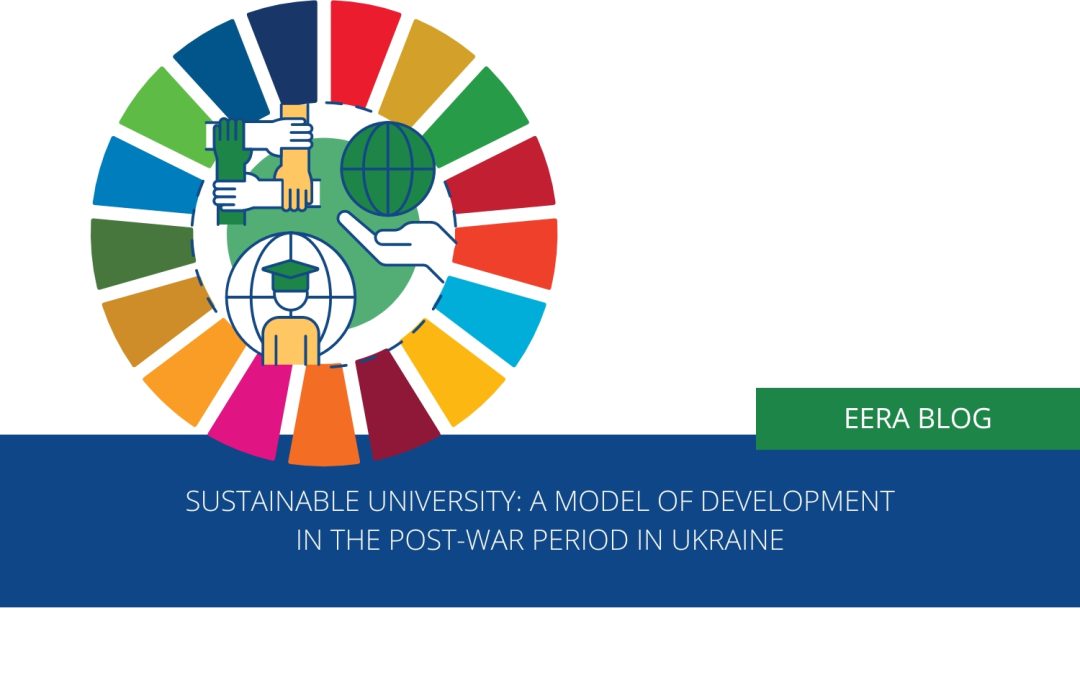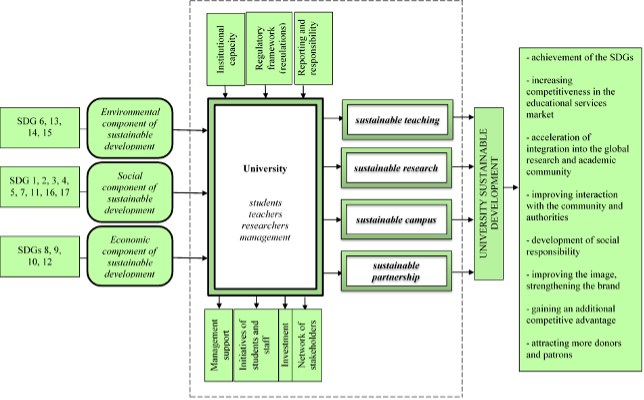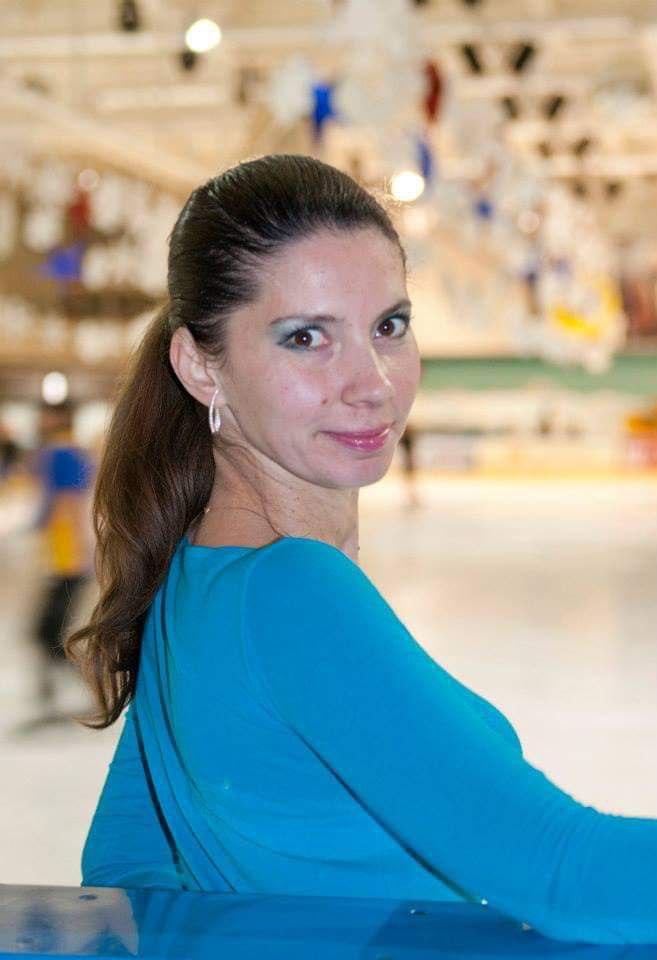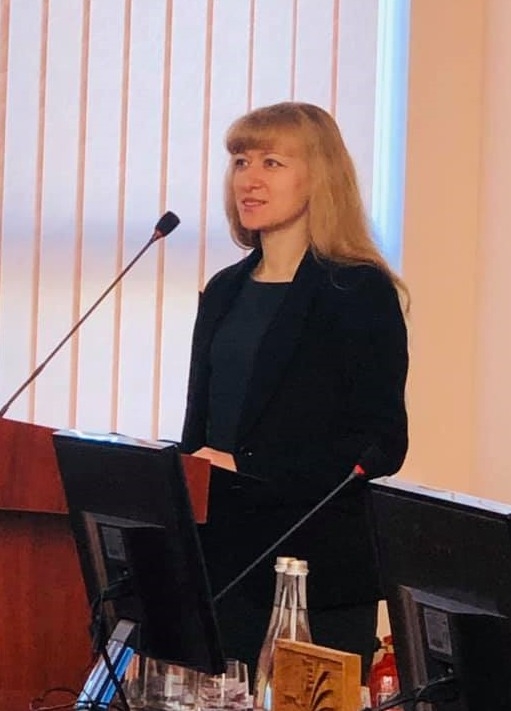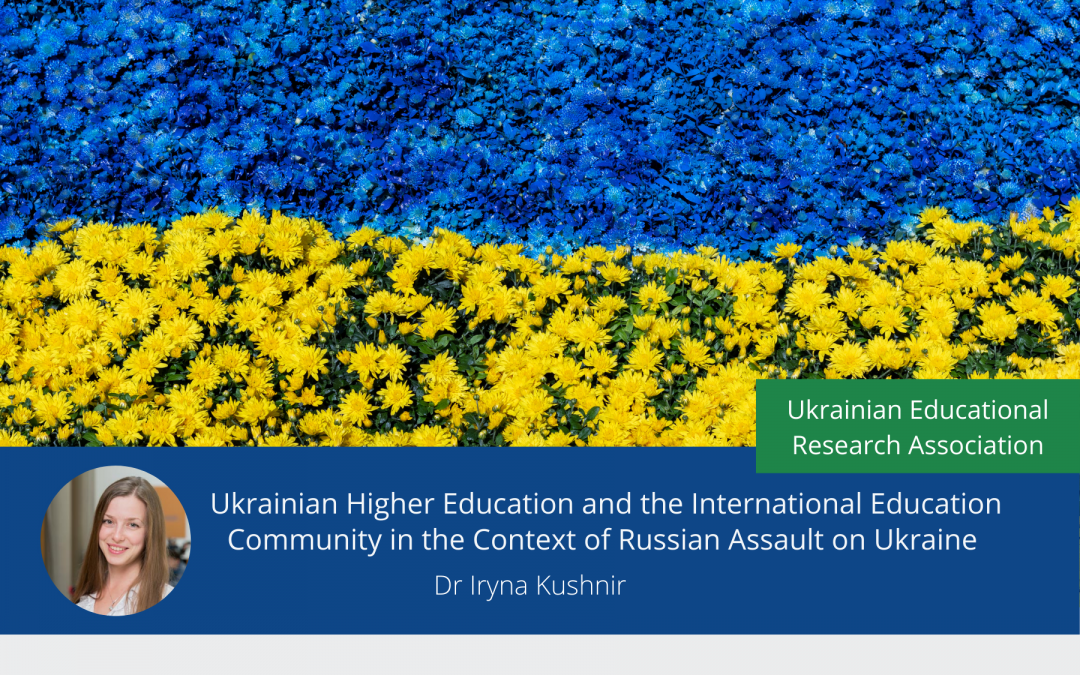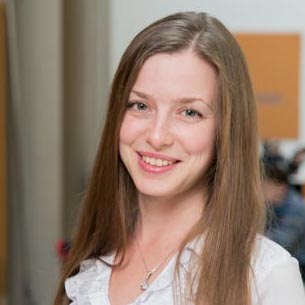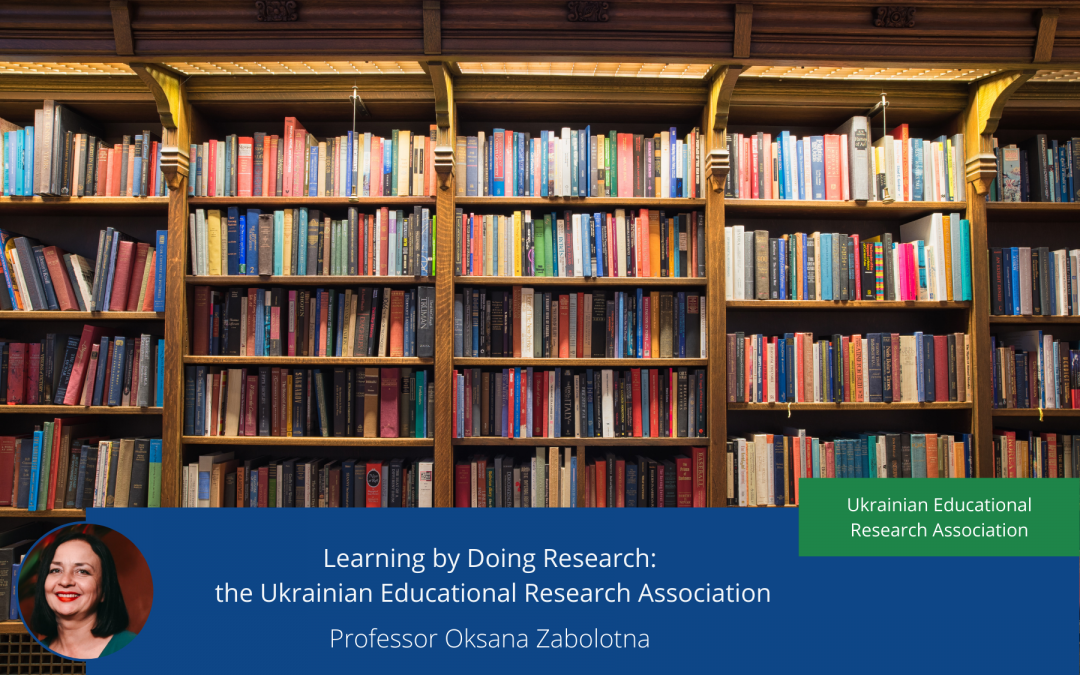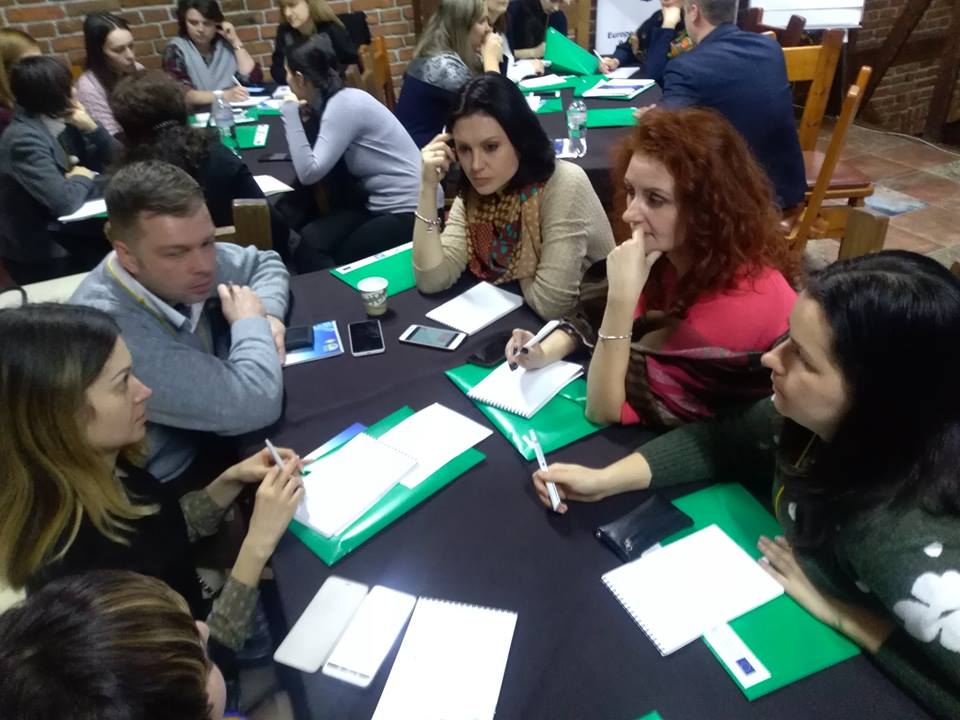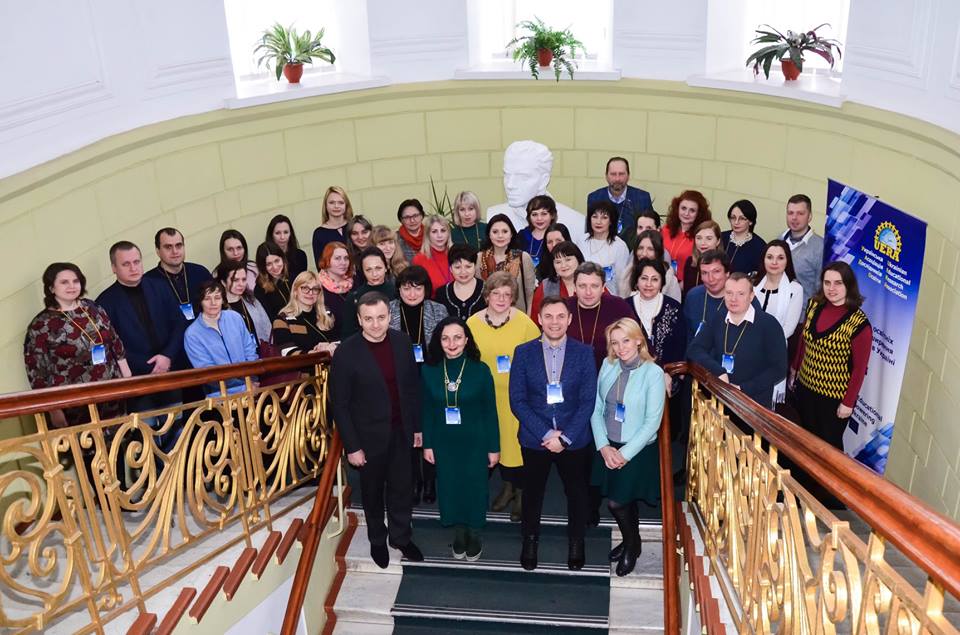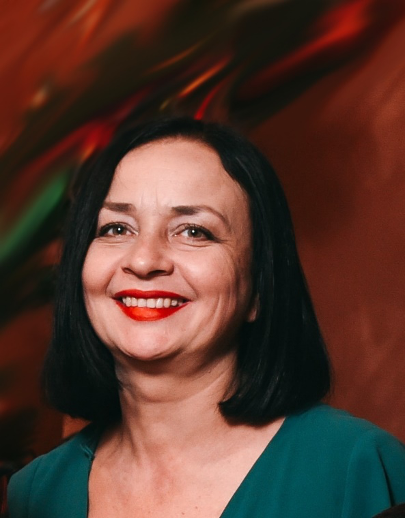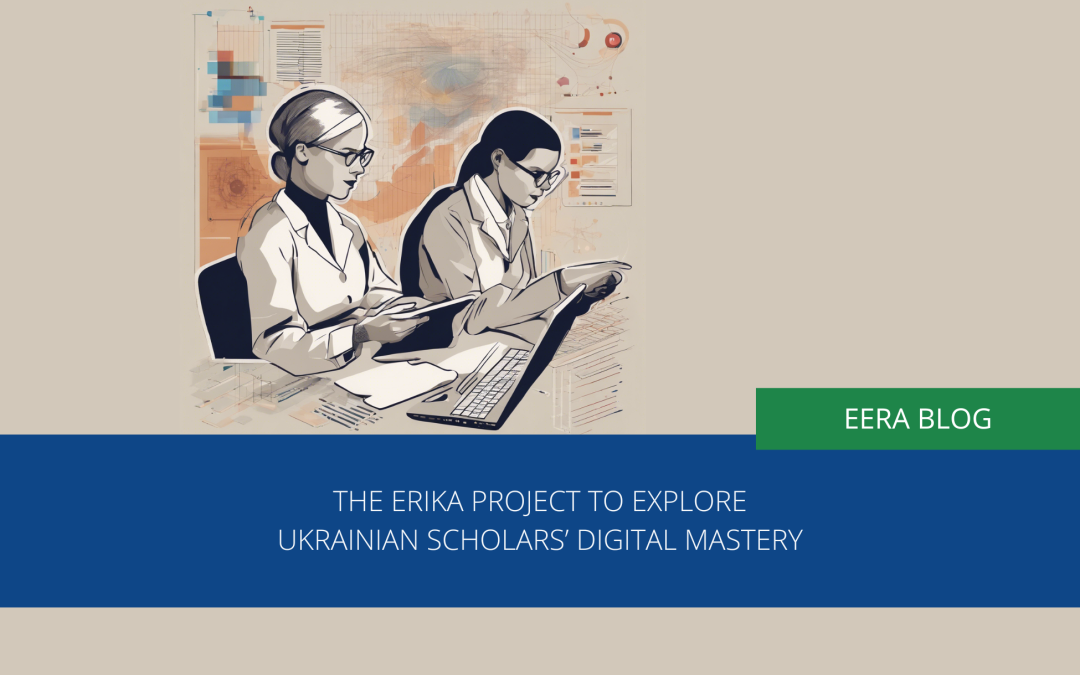
The ERIKA Project to explore Ukrainian scholars’ digital mastery
In the ever-evolving landscape of academia, the intersection of the digital realm with traditional research methodologies underscores the pressing need for scholars to embrace evolving competencies. This blog post navigates the digital horizon, emphasizing the imperative integration of open science principles, data literacy, and research competencies for researchers to thrive in the dynamic academic ecosystem. Focusing on the insights gleaned from the 2022-2023Enhancing Empirical Academic Research in Ukraine (ERIKA) project, this exploration sheds light on a critical digital skills gap among Ukrainian academics.
The need for digital competency among researchers
As society transitions into an era where data shapes an intangible reality, the transformative role of science and innovation becomes evident (Lagoudakis et al., 2022; Tavares et al., 2022). Acknowledging that the very entities driving digital transformations must undergo significant changes (Ayris et al., 2018; European Commission, 2020a, 2020b), the expert community underscores the core competencies of a modern “Digital Scholar,” including Open Science practices, adherence to FAIR principles, and proficiency in data management (Van Petegem et al., 2021; Weller, 2018).
International studies further reveal a global lack of digital competencies among researchers, emphasizing the need for enhanced professional training programs and continuous education to meet the demands of the digital age (Cabero-Almenara et al., 2021; Dias-Trindade & Albuquerque, 2022; EU DGRI, 2017, 2020; Suyo-Vega et al., 2022; EU DGRI & EOSC EB, 2021).
Regrettably, the situation in Ukraine mirrors this global trend. Compared to many other countries, comprehensive studies assessing the digital competencies of researchers in Ukraine are notably limited (Hladchenko et al., 2018; Hladchenko, 2022). The absence of such research poses a significant challenge, as it inhibits our ability to identify specific areas of weakness and design targeted interventions to uplift the digital skills of Ukrainian academics.
The ERIKA project
The ERIKA project, conducted in 2023, provides a noteworthy snapshot of the digital competencies among Ukrainian scholars. This initiative, supported by the Ukrainian Educational Research Association and the European Educational Research Association, aimed to enhance empirical academic research capabilities in Ukraine.
The ERIKA project engaged over 50 participants from 13 Ukrainian regions, representing 29 higher education institutions. The participants, ranging from senior lecturers to professors, covered diverse disciplines and career levels, providing a comprehensive view of the academic landscape.
The training sessions, held in March and October 2023, facilitated in-depth discussions and insights into the digital competencies of Ukrainian academics. The multifaceted and nuanced responses of participants shed light on the challenges and opportunities within the country’s academic community.
The competency gap revealed by the ERIKA survey
It was found that 80% of surveyed respondents demonstrated only superficial awareness of open science principles. A further 40% needed to be made aware of the FAIR guidelines, underlining the urgent need for initiatives that promote open science literacy.
In a world dominated by vast datasets and interconnected information, only 19% of Ukrainian academics exhibited proficiency in working with common data file formats like CSV and JSON. The need for more understanding regarding metadata, reported by 71% of respondents, raises concerns about the effectiveness of data-sharing practices.
A significant gap exists in the awareness of available national open data resources, hindering the potential for impactful research studies that utilise real-world data. This knowledge gap is detrimental to the nation’s academic community, limiting their ability to engage in cutting-edge research.
The survey uncovered deficiencies in basic research skills, such as crafting focused search queries, applying Boolean operators, and locating relevant datasets. These fundamental skills are the building blocks of impactful, evidence-based research.
While most respondents demonstrated awareness of the risks associated with predatory publishing, only 15% could independently assign Digital Object Identifiers (DOIs) to enhance the discoverability of their research outputs. This finding is concerning, especially considering the increasing requirement for DOIs in academic publishing after 2022 (due to National regulations).
The survey revealed a need for more utilisation of reference management tools, with 63% of respondents admitting to never using platforms like Zotero, Mendeley, and EndNote. Additionally, 71% had minimal legal and ethical understanding regarding use of personal data in research studies.
Encouragingly, despite these challenges, nearly half of the surveyed researchers who had yet to gain prior grant application experience expressed eagerness to build expertise in this area. This enthusiasm bodes well for the future, as acquiring grant-writing skills opens avenues for accessing national and international funding opportunities.
The development of a training program on data skills for academics
The ERIKA project highlights the pressing need for tailored programs to build digital competencies among Ukrainian academics. Bridging the identified gaps in open science, data handling, and research fundamentals is crucial to unlocking the nation’s scientific potential and integrating it into the global and European research ecosystem. In this context, the importance and urgency of creating well-designed professional training programs at educational institutions is evident, and a more centralized approach under the Ministry of Education and Science Leadership could be the best choice.
The “ERIKA” case is a successful example of a professional training program. The final assessment results demonstrated that the topics proposed in the “ERIKA” course (Koblianska & Kostetska, 2023), their content, and the training organization help address the outlined problems and improve researchers’ competencies.
The project entails developing and teaching an integrated educational course with two modules:
1) “Data Collection for Academic Research” (3 ECTS)
2) “Academic Research in EU Countries: Institutional, Organizational and Motivational Dimensions” (3 ECTS)
The first module covers open science principles and its role in modern research; data collection, analysis, and management in academic research, including legal and ethical components; skills for finding scientific information and formulating search queries; and practical data work aspects.
The second module examines organizing academic research in EU countries, particularly the scientific personnel training system, graduate and doctoral program structures, establishing academic communication, publishing research results, review procedures, and motivational factors affecting researcher productivity. The “ERIKA” experience could be scalable.
Conclusion
As we navigate the increasingly digital and data-intensive academic world, sustained monitoring and responsive training programs are pivotal for ensuring researchers’ success in Ukraine. The collaboration between the Ukrainian Educational Research Association and the European Educational Research Association exemplifies the importance of such initiatives in enhancing research capabilities and quality. By addressing the digital skills gap, Ukraine can position itself as a formidable force in the global academic arena, contributing substantively to advancing knowledge and innovation. Bridging the digital divide is not just a necessity; it is a pathway to unlocking the full potential of Ukrainian scholarship on the world stage.
The post image was generated via Dream Studio AI
Key Messages
- Digital Competency Urgency. In the evolving landscape of academia, there is a pressing need for scholars to embrace evolving digital competencies, emphasizing the integral role of skills like open science principles and data literacy.
- Global Digital Competency Trends. International studies reveal a pervasive lack of digital competencies among researchers globally, sparking discussions on the necessity of enhanced professional training programs and continuous education.
- Ukraine’s Digital Skills Gap. We shed light on the concerning trend in Ukraine, mirroring the global situation, where comprehensive studies assessing the digital competencies of researchers are notably limited, posing a significant challenge.
- ERIKA Project Results. The ERIKA project in 2023 provides a snapshot of digital competencies among Ukrainian scholars, engaging participants from diverse disciplines and career levels, offering insights into challenges and opportunities within the academic community.
- Survey Insights and Concerns. Surprising survey findings indicate gaps in open science principles awareness, proficiency in working with data file formats, and deficiencies in basic research skills, emphasizing the need for tailored programs.
-
Call to Action. The need for tailored programs to bridge identified gaps in open science, data handling, and research fundamentals, is urgent, positioning Ukraine as a formidable force in the global academic arena.
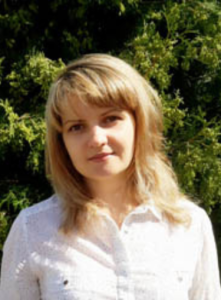
Dr Inna Koblianska
Associate Professor of the Department of Economics, Entrepreneurship, and Business Administration of Sumy State University
Dr Koblianska is an Associate Professor of the Department of Economics, Entrepreneurship, and Business Administration of Sumy State University. Her scientific interests include sustainable development, regional development, spatial economy, and logistics management. She is the laureate of the award of the President of Ukraine for young scientists (2019).
She is ERIKA Project Executor, responsible for the development and teaching of the Data Collection for Academic Research module.
Internship: Sustainable Farming Assessment (2017, Bern University of Applied Sciences); School of Agricultural Economics (IAMO, Halle (Saale), 2019); Educational training session on data collection (Statistics Germany and University of Applied Sciences Weinstein-Triesdorf, 2019); DAAD projects (University of Applied Sciences Weienstefan-Triesdorf, 2018-2022); Applied econometric analysis using R (German-Ukrainian Agricultural Policy Dialogue and IAMO, 2021).
She is the author of numerous scientific works.
https://orcid.org/0000-0002-7844-9786 https://econ.biem.sumdu.edu.ua/en/inna-koblianska
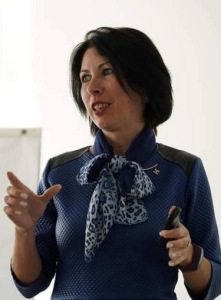
Dr Iryna Kostetska
Senior Lecturer, Department of Economic Theory, Management and Marketing, National University of Ostroh Academy
Dr Kostetska is a Senior Lecturer at the Department of Economic Theory, Management and Marketing, National University of Ostroh Academy. Her scientific interests include business planning in agricultural enterprises and strategic planning of the development of rural areas.
She is ERIKA’s project manager, responsible for the development and teaching of the educational module Academic research in EU: institutional, organizational and motivational dimensions.
Internship under the programs of the French Agricultural Institute (SevrEurope de Bressuire, l’IREO de Bressuire, France 2009, 2010), the Polish-American Freedom Foundation (Lane Kirkland Program, Poland 2018-2019), the Polish UNESCO Committee (Poland 2019), the Visegrad Foundation (2021-2022). She worked on economic and regional development projects with the support of USAID, the British Council in Ukraine, and the Czech Republic.
She is the author of numerous scientific works.
Other blog posts on similar topics:
Ayris, P., Lopez de San Roman, A., Maes, K., & Labastida, I. (2018). Open Science and its role in universities: A roadmap for cultural change. LERU. https://www.leru.org/publications/open-science-and-its-role-in-universities-a-roadmap-for-cultural-change (access date: 10.09.2023)
Cabero-Almenara, J., Guillén-Gámez, F. D., Ruiz-Palmero, J., & Palacios-Rodríguez, A. (2021). Digital competence of higher education professor according to DigCompEdu. Statistical research methods with ANOVA between fields of knowledge in different age ranges. Education and Information Technologies, 26(4), 4691–4708. https://doi.org/10.1007/s10639-021-10476-5
Dias-Trindade, S., & Albuquerque, C. (2022). University Teachers’ Digital Competence: A Case Study from Portugal. Social Sciences, 11(10), 481. https://doi.org/10.3390/socsci11100481
EU DGRI & EOSC EB. (2021). Digital skills for FAIR and Open Science: Report from the EOSC Executive Board Skills and Training Working Group. European Commission. Directorate General for Research and Innovation. EOSC Executive Board. Publications Office. https://data.europa.eu/doi/10.2777/59065
EU DGRI. (2020). Country sheets analysis: Report from the EOSC Executive Board Working Group (WG) Landscape. Directorate-General for Research and Innovation (European Commission). Publications Office of the European Union. https://data.europa.eu/doi/10.2777/568900
EU DGRI. (2017). Providing researchers with the skills and competencies they need to practise Open Science.European Commission. Directorate General for Research and Innovation. Publications Office. https://data.europa.eu/doi/10.2777/121253
European Comission. (2020a). Digital Education Action Plan (2021-2027). European Education Area. https://education.ec.europa.eu/node/1518 (access date: 10.09.2023)
European Comission. (2020b). Research and innovation strategy 2020-2024. https://research-and-innovation.ec.europa.eu/strategy/strategy-2020-2024_en (access date: 10.09.2023)
Hladchenko, M. (2022). Implications of Publication Requirements for the Research Output of Ukrainian Academics in Scopus in 1999–2019. Journal of Data and Information Science, 7(3), 71–93. https://doi.org/10.2478/jdis-2022-0016
Hladchenko, M., Dobbins, M., &Jungblut, J. (2018). Exploring Change and Stability in Ukrainian Higher Education and Research: A Historical Analysis Through Multiple Critical Junctures. Higher Education Policy, 33. https://doi.org/10.1057/s41307-018-0105-9
Lagoudakis, M. G., Gkizeli, M., Fotiou, A., Fragkedaki, D., &Kollnig, S. (2022). Teaching and Research in the Digital World. BHM Berg- Und HüttenmännischeMonatshefte, 167(10), 489–494. https://doi.org/10.1007/s00501-022-01283-7
Koblianska I., Kostetska I. (2023). Enhancing Empirical Academic Research in Ukraine: training materials. Zenodo. 124 p. https://doi.org/10.5281/zenodo.7817137
Suyo-Vega, J. A., Meneses-La-Riva, M. E., Fernández-Bedoya, V. H., Ocupa-Cabrera, H. G., Alvarado-Suyo, S. A., da Costa Polonia, A., Miotto, A. I., & Gago-Chávez, J. de J. S. (2022). University teachers’ self-perception of digital research competencies. A qualitative study conducted in Peru. Frontiers in Education, 7. https://www.frontiersin.org/articles/10.3389/feduc.2022.1004967 (access date: 10.09.2023)
Tavares, M. C., Azevedo, G., & Marques, R. P. (2022). The Challenges and Opportunities of Era 5.0 for a More Humanistic and Sustainable Society—A Literature Review. Societies, 12(6), Article 6. https://doi.org/10.3390/soc12060149
Van Petegem, W., Bosman, J., De Klerk, M., & Strydom, S. (2021). Evolving as a Digital Scholar: Teaching and Researching in a Digital World. Leuven University Press. https://doi.org/10.2307/j.ctv20zbkk0
Weller, M. (2018). The Digital Scholar Revisited: The Digital Scholar: Philosopher’s Lab, 1(2), 52–71. https://doi.org/10.5840/dspl20181218

